The Kenneth Rainin Foundation invests in research to better understand what is needed to get the best outcomes for Oakland children so they are ready for kindergarten and reading successfully by the end of third grade. We work collaboratively to test innovative ideas on the ground and share findings to inspire dialogue and benefit our partners and others involved in this work.
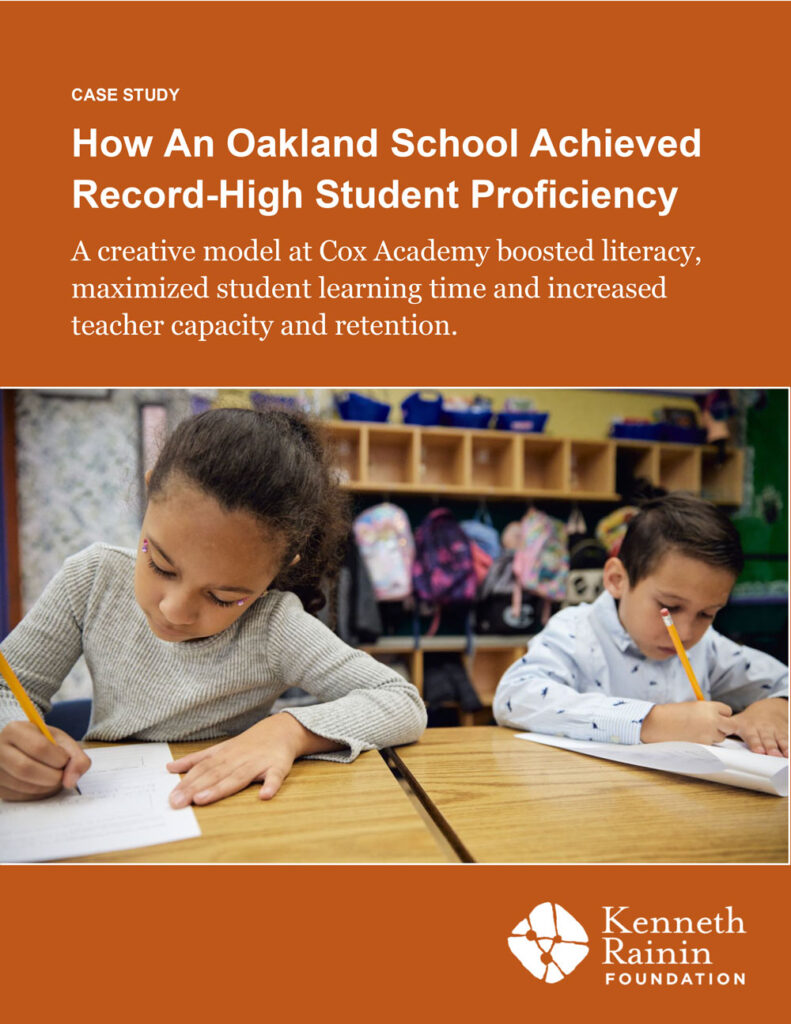
Case Study: How One School Achieved Record-High Student Proficiency
Oakland’s Cox Academy significantly improved children’s reading proficiency by adopting a creative approach that reduced the number of tutors while enhancing learning outcomes. Our case study, How An Oakland School Achieved Record-High Student Proficiency, highlights the challenges, opportunities, and lessons learned.
By reimagining their model, Cox Academy boosted literacy rates, maximized student learning time, streamlined teacher and tutor preparation, and increased teacher capacity and retention. Key strategies of their successful implementation included:
- Transitioning tutors to full-time roles, which enhanced tutoring capacity and fostered a deeper sense of ownership.
- Shifting family engagement approaches to foster mutual understanding and accountability.
- Providing a dedicated literacy coach to support staff through the change.
- Trusting school staff to successfully shift their practices.
This story underscores how trust along with strong school leadership and culture can significantly benefit students. The case study also reveals philanthropy’s critical role in supporting school leaders and helping them break down barriers to change.
SEEDS Of Learning Research (2021)
The Rainin Foundation wanted to understand if positive student results were impacted by the SEEDS of Learning professional development opportunities and teaching practice. We partnered with NORC at the University of Chicago to create a randomized controlled trial study design—the gold standard for determining the causal impact of a program on desired outcomes—at Kidango, an early learning nonprofit in Oakland, over three academic years. The study set out to answer two questions:
- How many years of professional development are required before we see a positive impact on four- to five-year-old preschool students’ early reading?
- If there is a positive impact, is it influenced by teachers’ knowledge of early reading?
The results showed that one year of SEEDS of Learning had a statistically significant, positive impact on both student early reading skills and teacher knowledge in the spring. Download the NORC research brief with illustrative charts.
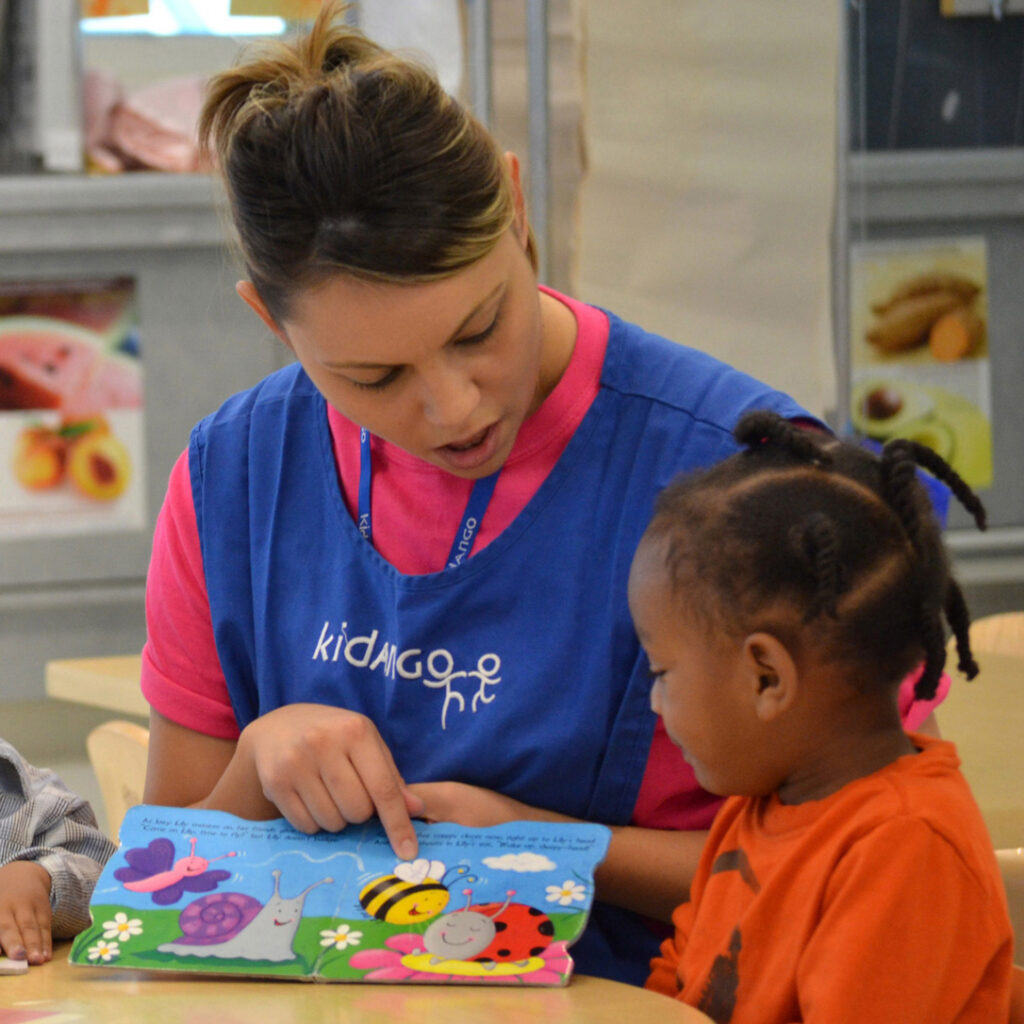
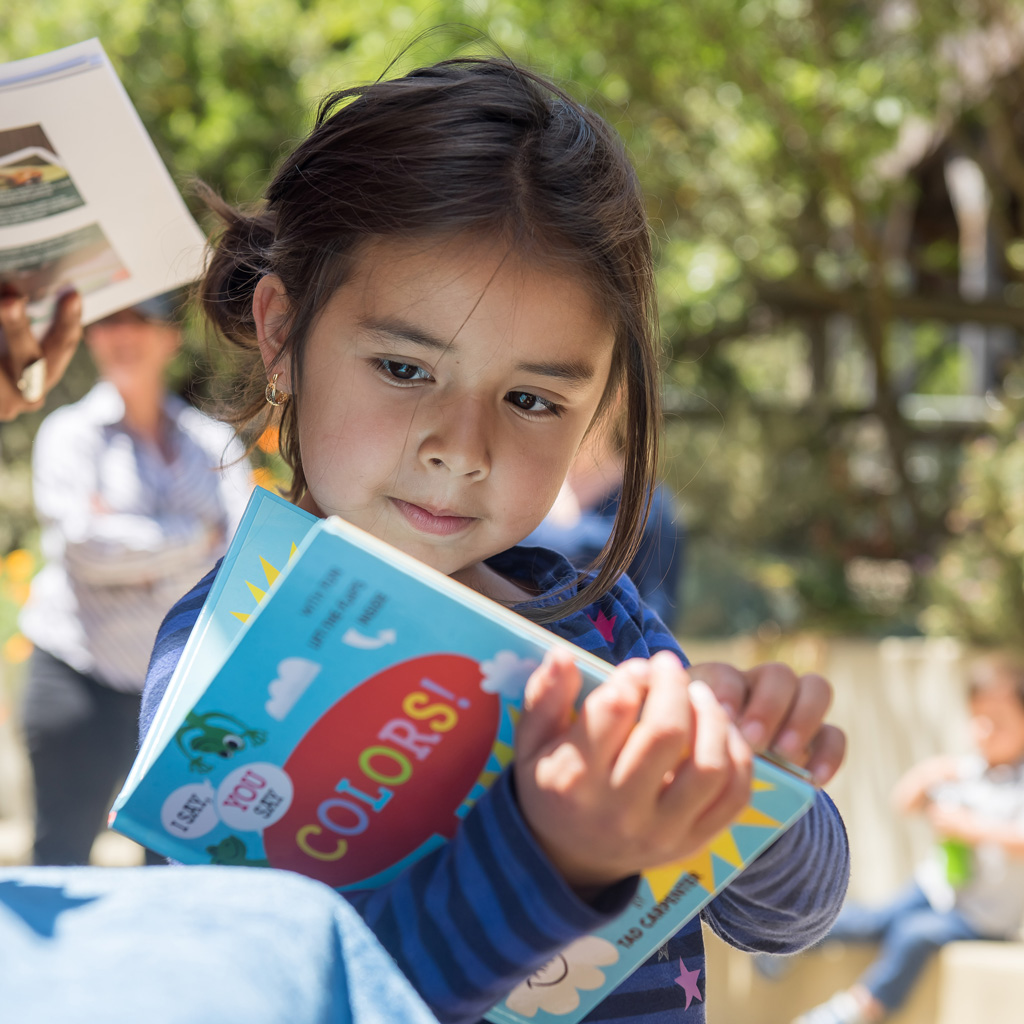
Oakland Household Survey Results (2016)
The Rainin Foundation partnered with NORC at the University of Chicago to complete an extensive, first-of-its-kind survey of Oakland parents. Families were willing and happy to talk—97% agreed to be surveyed and over 400 household interviews were conducted with families who have children up to age six. We found that supporting caring adult-child interactions continues to be one of the biggest levers for school readiness and later reading success.
Three Interesting Findings:
- There’s a huge opportunity for parents, teachers and community members to help young children build vocabulary. Supporting caring adult-child interactions continues to be one of the biggest levers for school readiness, and later reading success.
- Families make great use of Oakland Public Library services, but struggle to access services for special needs.
- Many families have access to a smartphone and have internet access in the home. The primary method of communication for most families is text or phone.
Read the interview questions we asked to learn about family demographics, child development, parent well-being, technology and communication, and neighborhood engagement.
School Readiness For Children Ages Birth To Five (2016)
The quality of literacy opportunities has a profound impact on children’s trajectories. To better understand the skills and practices that impact kindergarten readiness, NORC at the University of Chicago conducted research to address three questions:
- What are the key skills that predict kindergarten readiness?
- What programs and best practices have a big impact on kindergarten readiness?
- How do we know if Oakland children are school ready?
Key takeaway: Children develop within a context—home, community and early childhood education experiences. Plus, there is a strong research base of what early childhood skills are most predictive of later school success.
Download the full research reports:
- Preschool Predictors of Academic Achievement in Five Kindergarten Readiness Domains: Oral Language and Literacy, Math, Science, Social Emotional Development and Approaches to Learning
- Effective Early Childhood and Pre-Kindergarten Programs, Interventions & Best Practices: A review of literature in the domains of Oral Language and Literacy, Math and Social Emotional Development
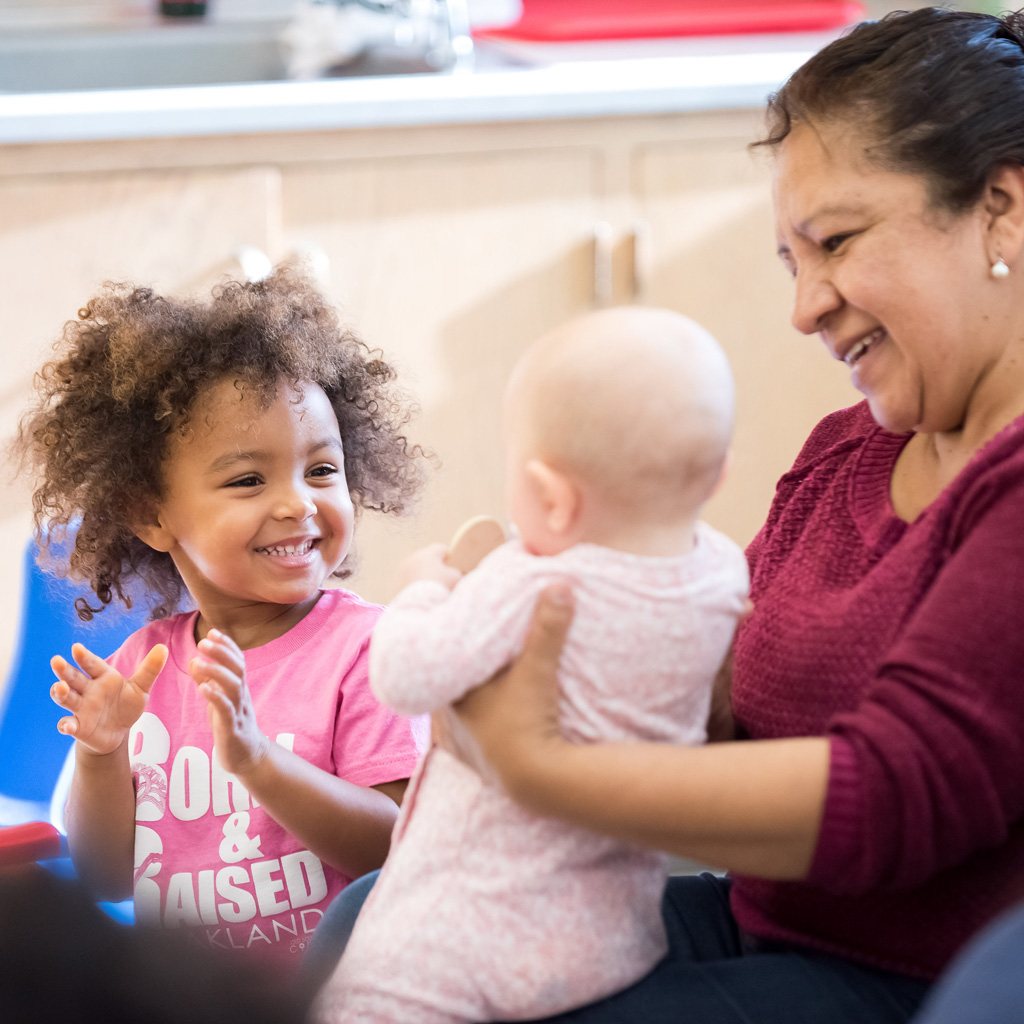
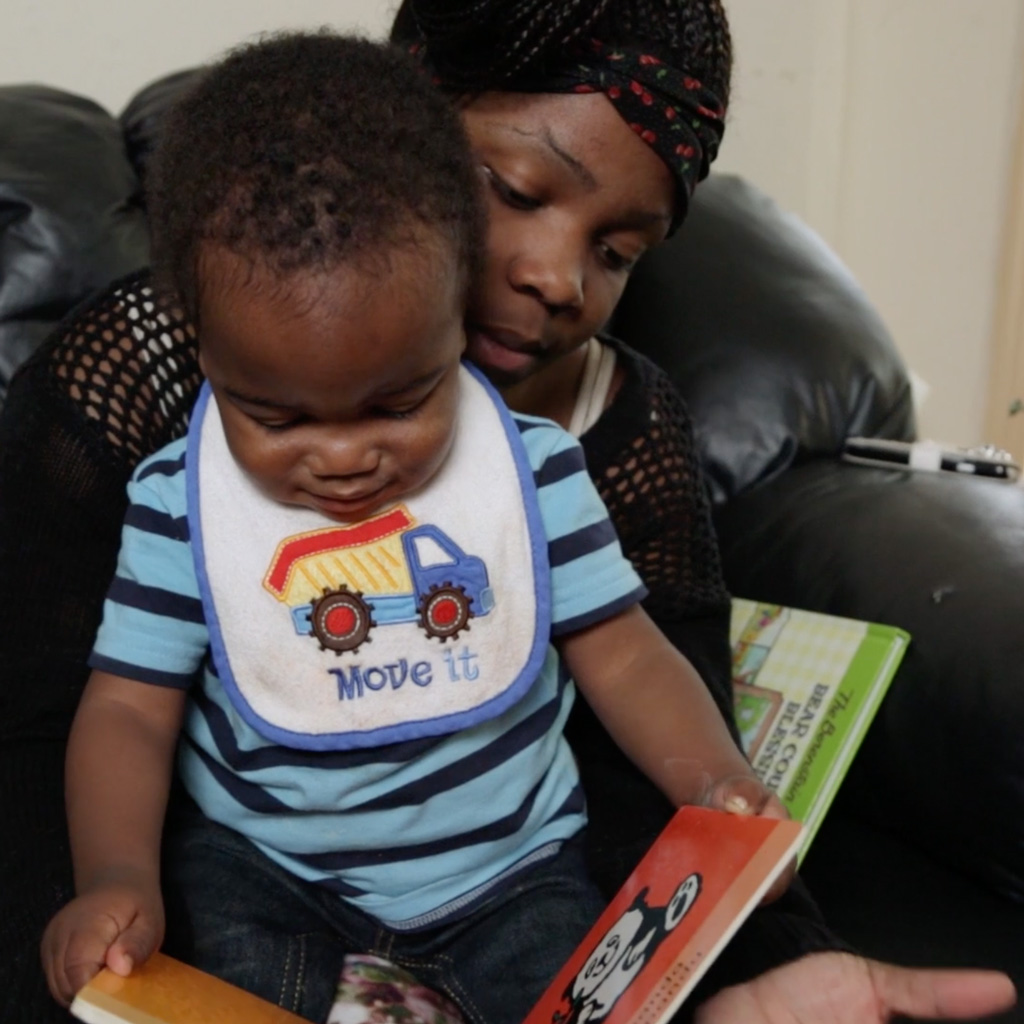
Effective Practices In K-2 Literacy Instruction (2016)
NORC at the University of Chicago conducted a nationwide literature review of practices that support kindergarten through second grade (K-2) reading success. The aim was to uncover effective practices and programs that helped ensure children are reading successfully by third grade. This research revealed:
- The most important predictors of kindergarten readiness and later academic success
- Evidence-based practices in curriculum, programs and interventions that increased literacy skills in K-2 children
- “Active ingredients” in programs that have the biggest impact on kindergarten readiness and third grade reading
- Descriptions of how math, social emotional development and approaches to learning are interrelated to support literacy skills
Key Takeaway: The best “bang for your buck” is to create multi-disciplinary learning opportunities that integrate content learning (science and math) with language arts. View the presentation to learn more about this research and the effective practices and programs it unveiled.
